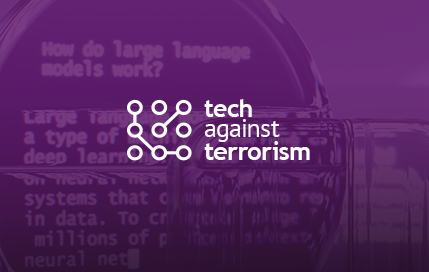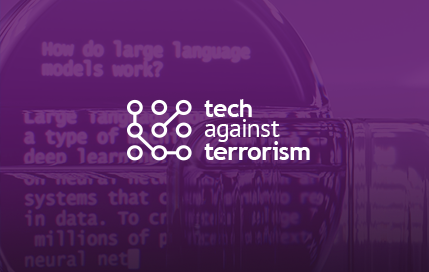Following new revelations that arms in Houthi-controlled Yemen are openly traded online, Tech Against Terrorism calls on tech platforms to actively remove the group’s content and activity online. The Houthis are a designated terrorist organisation and a threat to international security: the internet acts as its most important strategic communications tool.
Key Points:
-
Arms Traded Openly Online in Houthi-Controlled Sana'a: An investigation by The Times newspaper reveals how weapons are openly traded online by dealers based in Houthi-controlled Sana’a.
-
Houthis online: The Houthis have long used the internet to promote their lethal attacks, recruit, indoctrinate, spread their propaganda to millions and exploit vulnerable populations, including children.
-
Terrorist Designation: The Houthis have been designated as a terrorist organisation by both the United States and Australia, with recent sanctions targeting the group’s leadership and affiliates.
-
Tech platforms warned: Tech Against Terrorism calls on tech platforms to take proactive action in detecting and removing terrorist content online.
London, 22 August 2024 - Tech Against Terrorism today issued an urgent plea to tech platforms to actively remove Houthi-supporting content on the internet and social media platforms. The call comes as The Times newspaper in London reveals that arms dealers linked to Houthis are openly trading on mainstream online platforms.
The revelations confirm a 2023 United Nations Panel of Experts on Yemen report detailing how the Houthis have weaponised the internet to spread propaganda, recruit followers, and conduct other illicit activities that undermine global security. The report included the revelation of social media posts openly selling arms in the Houthi capital of Sana’a.
The Houthis, designated as a terrorist group by the United States under Executive Order 13224 and by the Australian government under the Criminal Code Act 1995, have been responsible for numerous terrorist acts. These include missile and drone strikes on commercial vessels and foreign states, as well as the kidnapping of aid workers and foreign nationals.
In January 2022, a Houthi attack resulted in the deaths of three people, with the group also responsible for the abduction of over a dozen Yemeni aid workers earlier that month. These individuals remain in captivity alongside other foreign nationals seized from Red Sea ships. In response, the US Treasury Department announced further sanctions on key Houthi leaders and affiliates on 17 June 2022.
Adam Hadley, Director of Tech Against Terrorism, said:
“The Houthis are clearly a designated terrorist organisation and a proven menace to international security. We are alarmed that they operate with such impunity online. So far, the international community has targeted the Houthis through mainly military means. But this revelation demonstrates that terrorists must be countered online, not just through bombs and bullets. The Houthis have long relied on the internet as its most important strategic communications tool, and now, it seems, likely as a dual-use marketplace to trade arms. Tech platforms must act quickly to remove Houthi-related content and disrupt the group’s use of the internet to prevent further acts of terrorism.”


